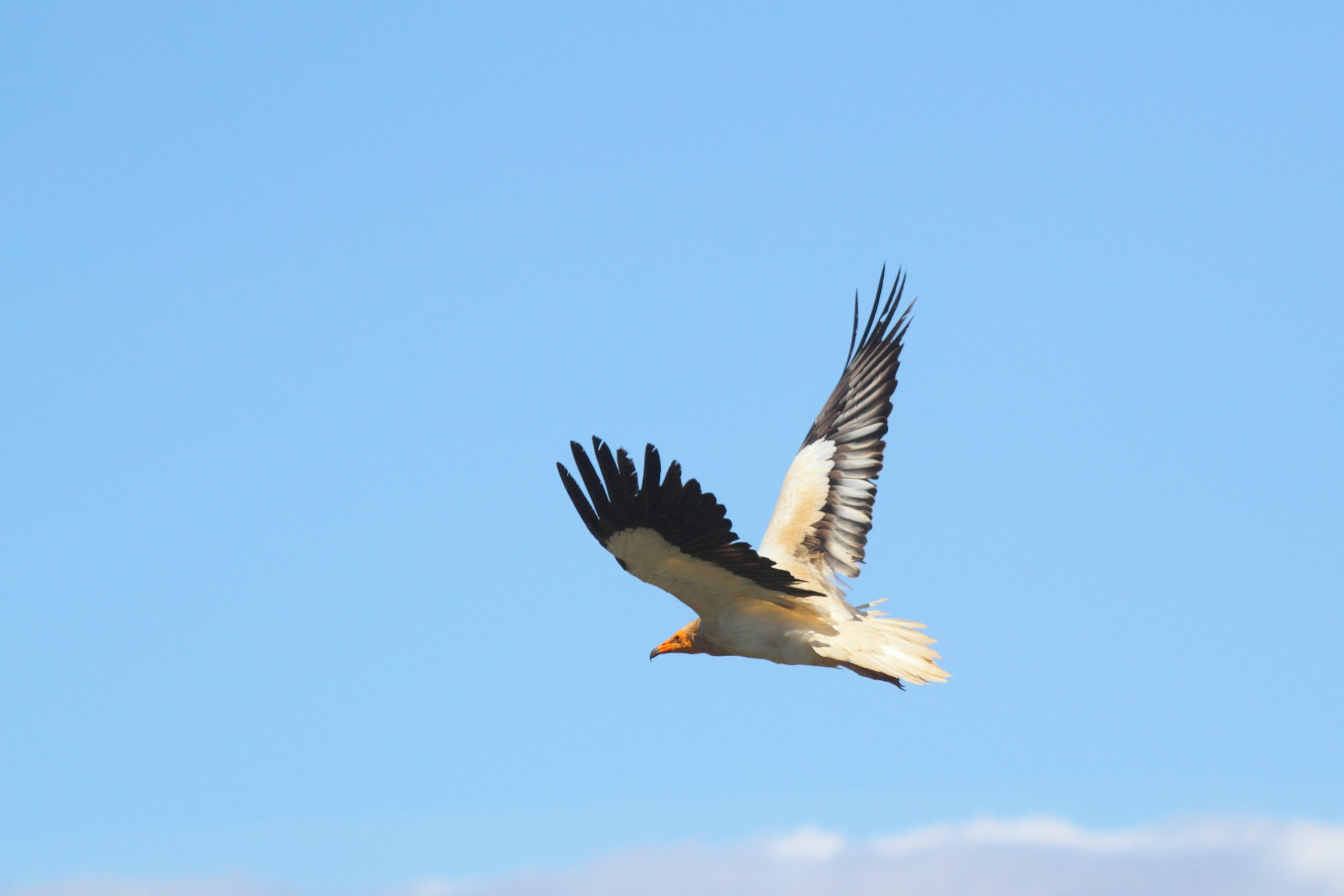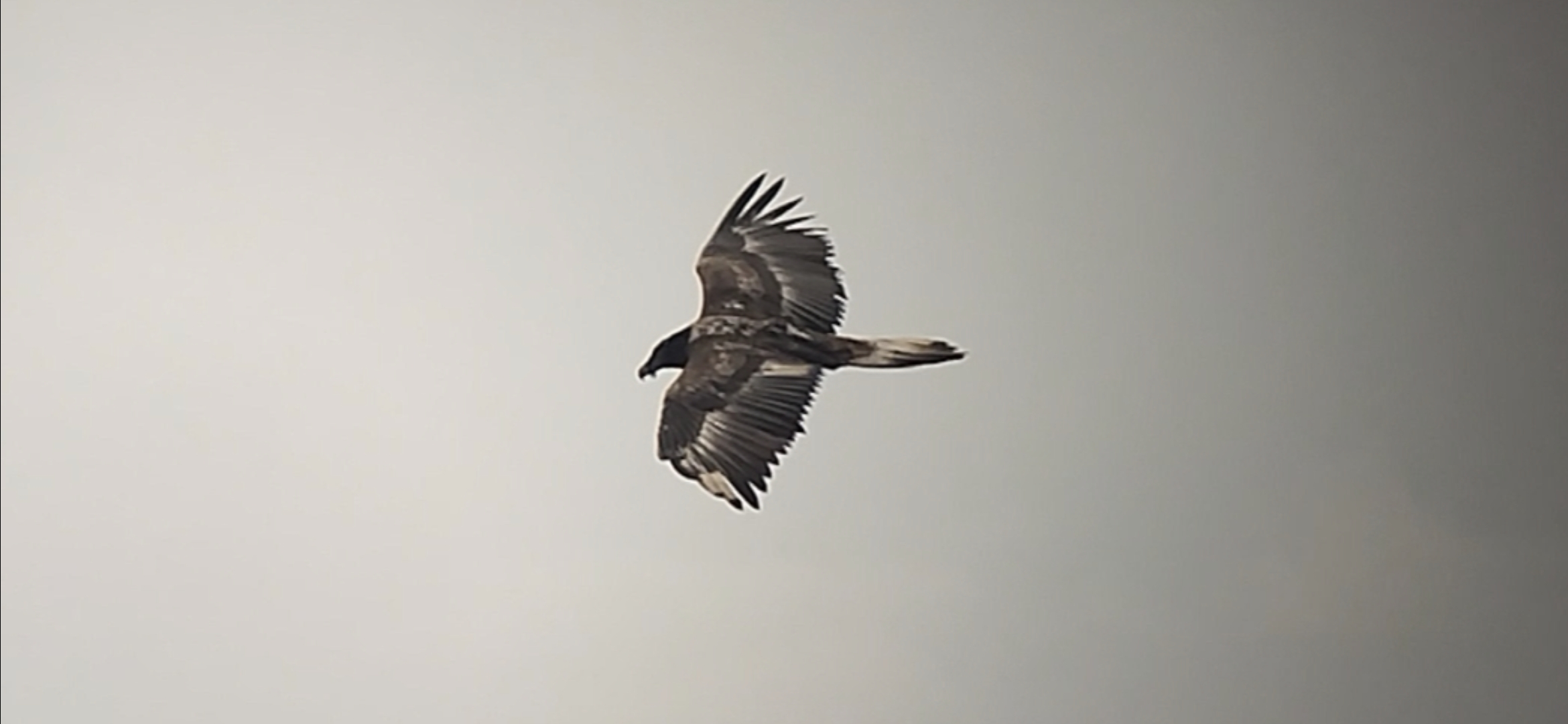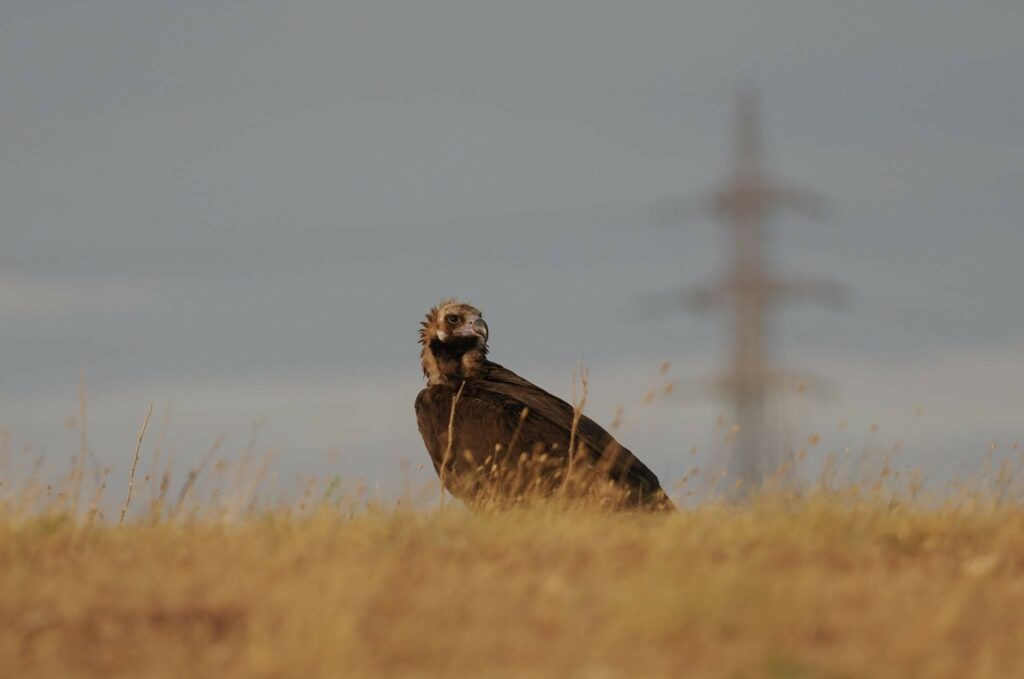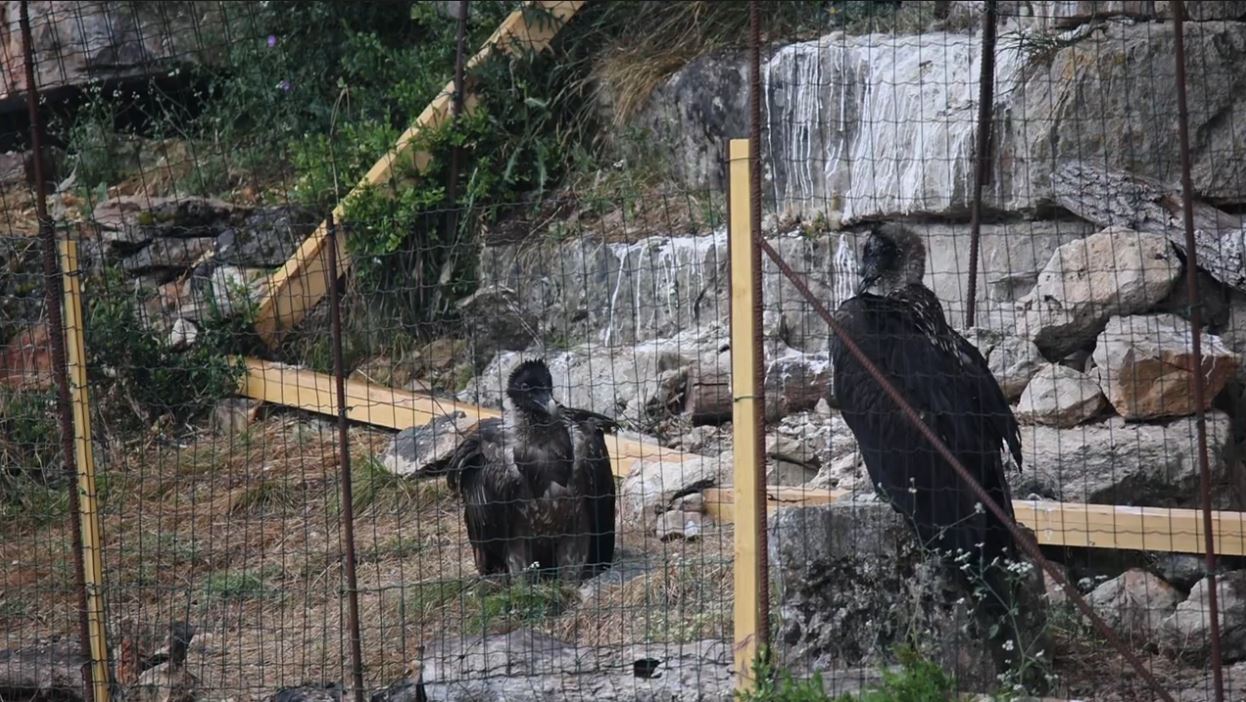The Iran’s Department of Environment (DOE) has announced last month that it banned all veterinary use of diclofenac as well as its production, export and import to Iran. Diclofenac was not among Iran’s approved veterinary drugs, and with this ban it will never will.
This decision was taken also within the context of Iran’s Signature (in March this year) of the MoU (Memorandum of Understanding on the Conservation of Migratory Birds of Prey in Africa and Eurasia), an annex to the Convention on migratory Species, which had already taken position against veterinary diclofenac.
Diclofenac is a non-steroid anti-inflammatory drug whose veterinary use has caused the huge crash (up to 99% decline) in vulture populations in the Indian sub-continent. Vultures that feed on animal carcasses recently treated with diclofenac die from renal failure within few days. After several species of vulture were on the verge of extinction, India, Nepal, Pakistan and Bangladesh had banned the drug in 2006.
Iran’s decision to ban diclofenac is a major step to protect vultures in the region. Other countries should now follow Iran’s lead, particularly the European Union.
In spite of all the evidence linking veterinary diclofenac to vulture declines, the drug was allowed to be marketed in 5 European countries, including Spain, which has 95% of the European vulture populations. The VCF and other organizations have been campaigning and lobbying the EU to ban veterinary diclofenac, but after a long evaluation period, and although it recognizes that diclofenac represents a threat to European vultures, Brussels decided to implement instead mitigation measures that will try to remove it from the vulture food chain.
The EU Commission has now asked members states to draw action plans – these were on the whole mostly inadequate and incomplete. The VCF believes that these mitigation measures – which may end up being much more expensive than banning the drug altogether – are not foolproof, and as a result vulture deaths will occur. We are continuing our battle to convince Europe’s decision makers to ban veterinary diclofenac – if only they followed Iran’s example!
Recently a Member of the European Parliament – British MEP Catherine Bearder – has started a petition on diclofenac and vultures – see http://www.bearder.eu/save_our_vultures_and_eagles A previous on-line petition has gathered 20,000 signatures, and was sent to the EU decision makers
The VCF would like to thank the vision of both the Department of Environment and the Iran Veterinary Organization, and also the Tarlan Ornithology Group for their efforts to ban veterinary diclofenac in their country. The VCF also would like to thank Catherine Bearder for keeping this issue alive within the European parliament.



